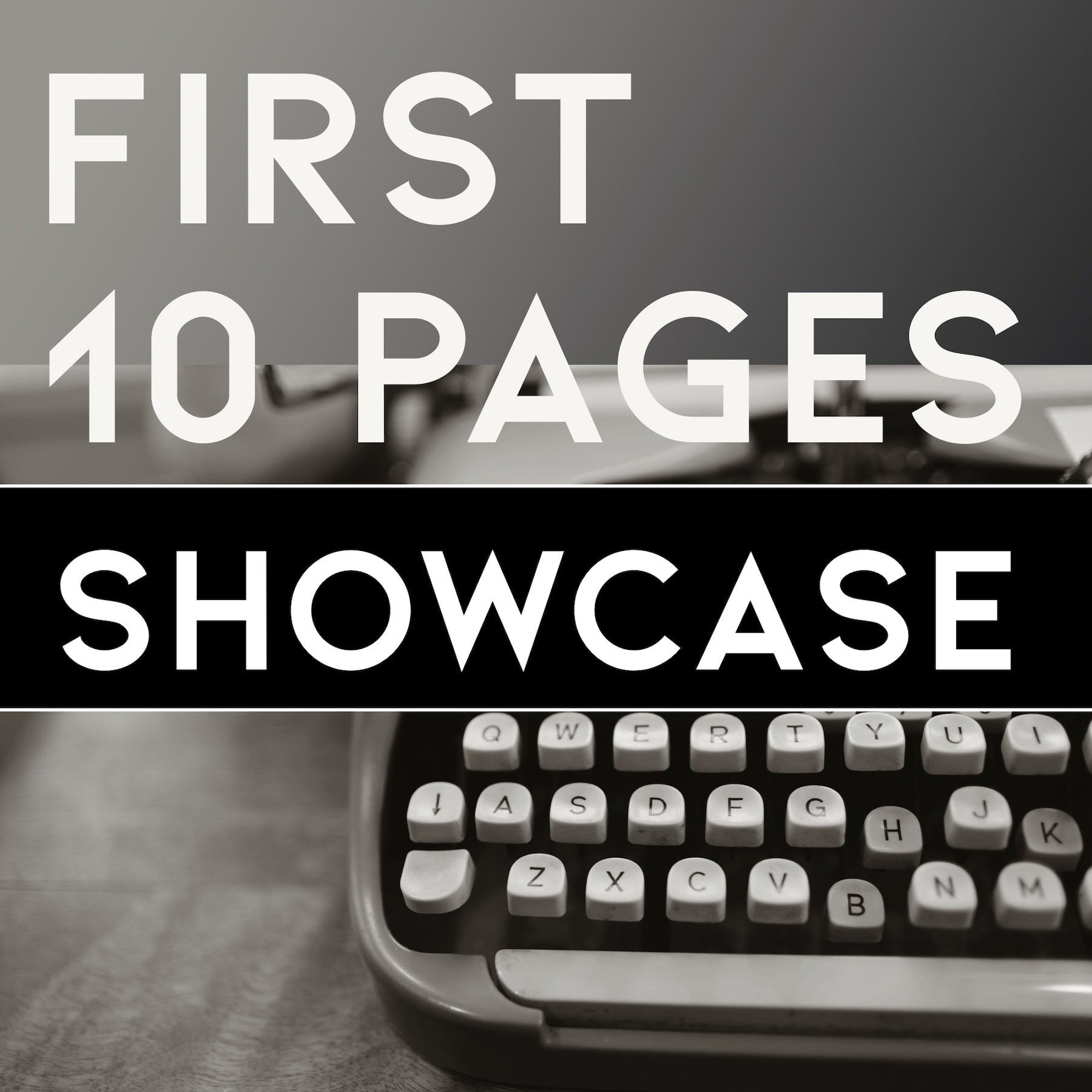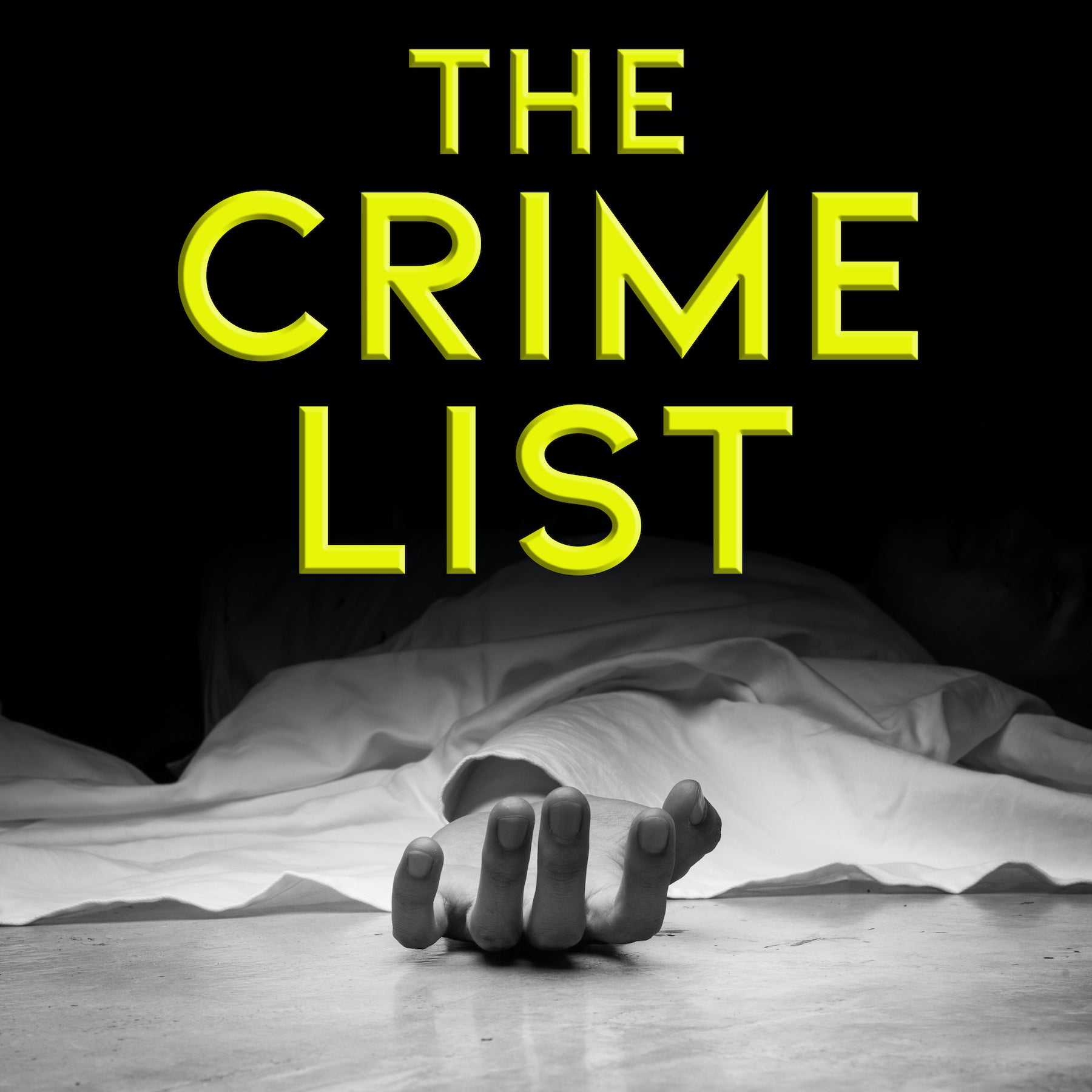WRITING & FILMMAKING

7 Ways to Sell Your Story (Script, Book, Stage Play or Podcast) to "Hollywood"
Creative ways to sell or option your screenplay, book or story for film or television development.
Read more
Resources: Literary Managers for Screenwriters
A select list of managers who represent script writers.
Read more
Q/A: Signing Release Forms When Submitting Your Script or Story to a Producer or Production Company
Q: What is a release form, and do I need to sign it?
Read more
Resources: Pitch Platforms for Writers (to Sell Your Story for Film or Television Development)
A selection of pitch platforms for writers.
Read more
Q/A: How to Protect Your Script or Story When Pitching
Five ways to ensure your story is protected.
Read more
How to Acquire the Rights to Develop a Screenplay (or Make a Film) Based on a Book
If you're planning to turn a book into a screenplay or film, and the material is under copyright, you will need to acquire the film rights to adapt the material.
Read more
Screenplay Formatting “Rules” When Pitching Your Script
Ensuring your screenplay is professionally formatted is essential when pitching your script.
Read more
5 Tips for Writing Your Logline
A logline is a summary of your story. It is used to guide your writing and sell your project to "Hollywood".
Read more
How to Interest a Producer in Your Movie Script
3 steps to create a strategic plan to connect with film producers who can develop your story.
Read more
How to Register the Copyright for Your Script or Screenplay
Step-by-step instructions to register your screenplay copyright to protect your content.
Read more
How to Register the Copyright for Your Book or Manuscript
Step-by-step instructions to register your book copyright to protect your content.
Read more
The Difference Between "Based On a True Story" & "Inspired By a True Story" in Film & TV Credits
Some film's title cards state "Based on a True Story" while others read "Inspired by a True Story". What's the difference?
Read more
Resources: Film Festivals & Markets
A selection of established film festivals and markets.
Read more
3 Tips to Keep Your Movie Script Out of the Rejection Pile
To be considered for film development, all script submissions go through an evaluation process.
Read more
Resources: Networking & Educational Opportunities for Screenwriters
A selection of resources for screenwriters.
Read more

Screenwriting Guide: Key Story Elements
Crafting compelling scenes, how to "show" (not "tell"), incorporating dramatic conflict, conveying emotion, effective subplots, foreshadowing, setups & payoffs, and flashbacks & montages.
Read more
Screenwriting Guide: Character Development
This guide covers how to develop your protagonist's character arc, create a backstory, outline character motivations & ensure a strong goal, and craft a key relationship and supporting characters.
Read more
Screenwriting Guide: Act II, Act III & Rewrites
This guide covers how to navigate Act II & Act III, the importance of the midpoint, common problems & how to fix them, crafting a satisfying ending and successful rewrites.
Read more
Screenwriting Guide: Starting Your Script
How to Select an Idea, The 3-Act Structure, Your Script Outline, Scene Cards as a Mapping Tool, Genre Expectations, Plot, Character & Theme, Writing the First 10 Pages, Mistakes to Avoid
Read more
What Screenwriters & Novelists Can Learn From One Another: A Q&A with Larry Brooks
Author and screenwriter Larry Brooks shares insights for how authors and screenwriters can become better at their respective crafts by learning from one another.
Read more
Writing True Stories: A Brief Guide to Crafting Narrative Nonfiction
This guide covers using viewpoint, framing the story, when to use scenes, and how to capture a sense of place in your narrative nonfiction.
Read more
Agents & Book Deals: A Guide for Authors
How to find, interview, acquire, and work with a literary agent, and land a book deal (plus details on agent agreements, publishing contracts and advances & royalties).
Read more
Pitch Your Screenplay via Stage32 Pitch Sessions (with Joey Tuccio)
Tips on how to successfully pitch executives, producers, and managers looking for scripts via Stage32.
Read more
Mind Your Writing Business (with Michele Wallerstein)
How to acquire a literary agent and have a successful screenwriting career (archive audio interview from the Ink & Cinema podcast, recorded in 2013).
Read more






